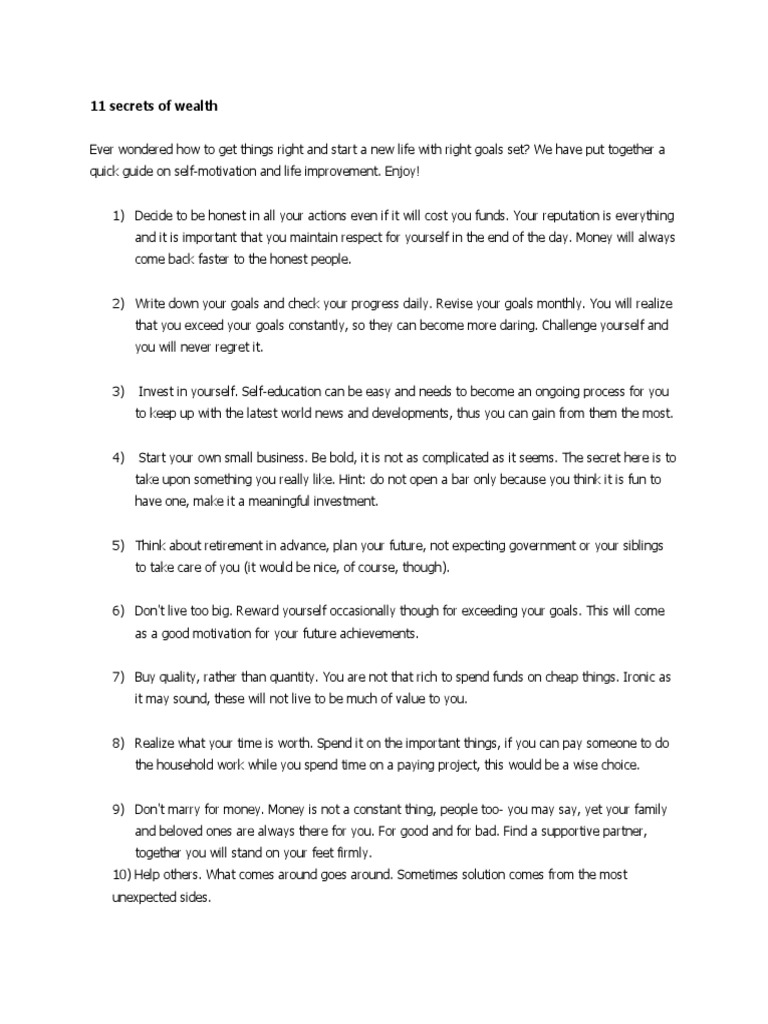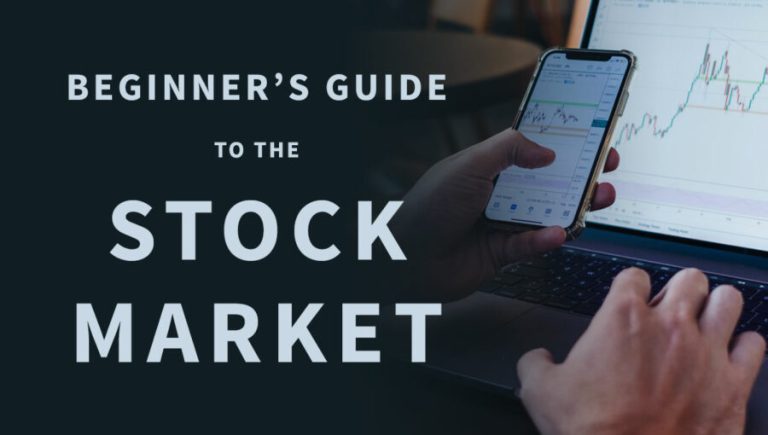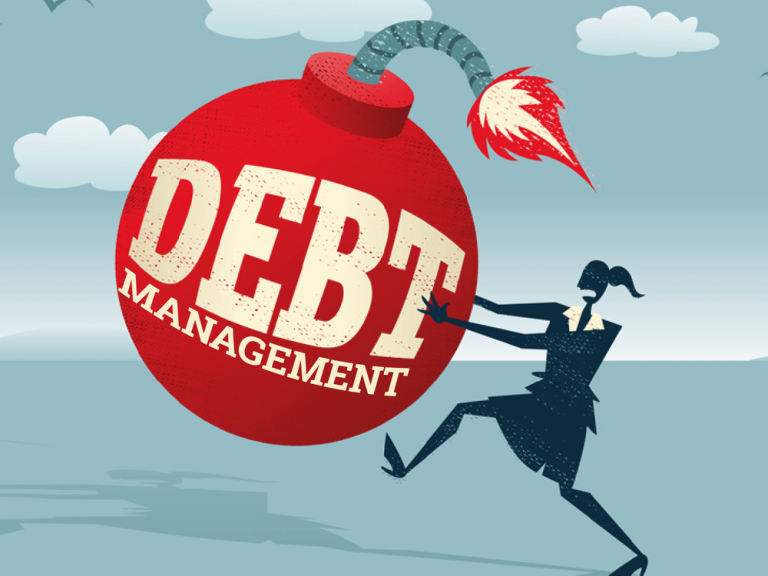Managing your personal finances effectively is a cornerstone of achieving financial stability and building a secure future. It involves planning, organization, and the right tools to help individuals understand their income and expenses. In an age where financial literacy is more critical than ever, having access to the right educational resources can make all the difference. This article explores various tools for managing personal finances and how taking an online course can significantly enhance your financial skills.
Essential Tools for Managing Personal Finances
Utilizing effective tools is paramount when it comes to managing personal finances. These tools can vary dramatically in nature, from simple budgeting apps to comprehensive financial management software. The right mix can help you track your expenses, set savings goals, and plan for future investments.
The image above depicts a valuable online course offered by Oxford Courses, which can be a stepping-stone towards mastering the tools necessary for managing personal finances.
Budgeting Tools for Managing Personal Finances
Budgeting is a fundamental aspect of financial management. It forces you to engage deeply with your finances and make informed decisions about spending your hard-earned money. One of the best ways to manage this is by using specific budgeting tools that help visualize your financial situation.
- YNAB (You Need A Budget): This application is designed to help users push their budgeting skills further. With a robust feature set, it encourages proactive decision-making about money management.
- Mint: Mint is another popular choice for users looking to manage their personal finances smoothly. It consolidates all your financial accounts in one place and offers real-time insights.
- EveryDollar: Created by finance guru Dave Ramsey, EveryDollar is a simple budgeting tool that can help you lay a solid financial foundation.
Investing Tools for Managing Personal Finances
While budgeting is essential, effective investing is also crucial for long-term financial success. There are countless tools that can assist you in making smarter investment choices.
- Robinhood: Robinhood is a user-friendly investment platform that allows users to trade stocks without paying commission fees.
- Acorns: Acorns helps you invest your spare change automatically, making it easier to build a diverse portfolio over time.
- Betterment: Betterment is a robo-advisor that takes the hassle out of investing by automatically managing your portfolio.
Advanced Tools for Managing Personal Finances
In addition to basic budgeting and investing tools, there are also advanced financial tools that can make a significant difference for those who want to dive deeper into financial management.
- Personal Capital: A robust financial tool that goes beyond budgeting and investments to track net worth and retirement planning.
- Quicken: This software has evolved into a comprehensive financial management tool that can manage investments, budgets, and even taxes.
- Tiller Money: Tiller integrates with Google Sheets to help users build their custom budgeting and expense tracking tools.
Exploring Online Courses on Personal Finance
While having tools for managing personal finances is essential, knowledge is power. Online courses can offer financial education that can transform your relationship with money.
By enrolling in an online course, such as the one offered by Oxford Courses, you can gain an in-depth understanding of financial principles and practices. Here are some reasons why taking an online course can be a game-changer:
- Expert Guidance: Courses often provide insights from financial experts who can guide you through complex topics.
- Interactive Learning: Online courses typically involve interactive components that help consolidate your learning.
- Flexibility: You can take courses at your own pace, allowing you to absorb information thoroughly without feeling rushed.
Setting Goals with Tools for Managing Personal Finances
Not only do you need to understand your current financial position, but you should also work towards future goals. Tools for managing personal finances can help you set and achieve these goals systematically.
When it comes to setting financial goals, whether they are short-term goals like saving for a vacation or long-term goals like retirement planning, the following steps can help:
- Define Your Goals: Be clear about what you want to achieve. This will guide how you allocate your financial resources.
- Utilize Tools: Use budgeting apps or planners that can help visualize these goals and set milestones to achieve them.
- Review and Adjust: Regular reviews can help you stay on track, allowing you to make adjustments when necessary.
The Importance of Financial Education
In the world of personal finance, education is crucial. It equips you with the knowledge to navigate different financial landscapes, make informed decisions, and feel empowered about your financial future.
For many, the idea of managing personal finances can be daunting. However, with the right tools and adequate knowledge, it is possible to take control of your money. Engaging with online resources, like courses from Oxford Courses, can provide you with the foundational knowledge necessary to navigate personal finance successfully.
Whether you are learning how to track your spending, invest for the future, or save for important milestones, the tools for managing personal finances will assist you in every step of your journey. Remember, financial literacy is not a destination but a continuous journey. Stay informed, continue learning, and make the most out of the resources available to you.
In conclusion, managing personal finances is not just about budgeting your expenses or tracking your investments; it encompasses a broader financial strategy that requires planning, education, and continual adjustment. By employing the right tools and expanding your knowledge through online courses, you can feel confident in your financial management skills and set yourself up for long-term success.



